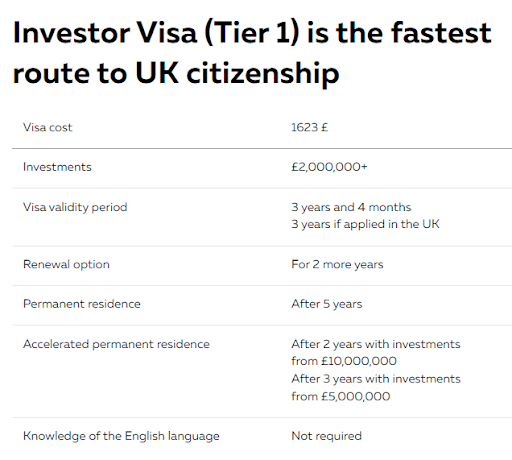If your primary residence is in the Seattle area, you’re probably already thinking about the Washington Estate Tax. And wondering what the compliance burden will be for the loved ones who survive you. If not, check out our more detailed discussion of the Washington estate tax here. A quick review. Washington requires a return when […] The post Washington Estate Tax Spousal Personal Residence Exclusion appeared first on Evergreen Small Business.
 If your primary residence is in the Seattle area, you’re probably already thinking about the Washington Estate Tax. And wondering what the compliance burden will be for the loved ones who survive you. If not, check out our more detailed discussion of the Washington estate tax here.
If your primary residence is in the Seattle area, you’re probably already thinking about the Washington Estate Tax. And wondering what the compliance burden will be for the loved ones who survive you. If not, check out our more detailed discussion of the Washington estate tax here.
A quick review. Washington requires a return when the value of everything you own at the date of your death exceeds $2,193,000. So with current real estate prices in Washington? Your house probably puts you pretty close to that number.
But a proposed amendment might finally fix the weird legislative glitch preventing the exclusion amount from keeping up with inflation. Even better, a recently enacted change to the Washington estate tax statute could allow you to exclude the value of your home if it passes to your surviving spouse at your death.
Let’s look at what has and hasn’t changed (yet) that might determine whether your estate must file a Washington estate tax return.
The Bad News
First, what hasn’t changed: the $2,193,000 applicable exclusion amount.
Initially set at $2,000,000, the law called for updating the exclusion amount annually to account for inflation. And it specifically named the BLS index to be used in figuring each year’s new amount. Sounds fair enough.
The problem? That index no longer exists. In 2018 the BLS revised its geographic sampling methods and now publishes the relevant CPI data under a new name. So when the Department of Revenue prepares to issue guidance on a new exclusion amount every year? It looks for changes to the very specifically named index. Finding no change, the DOR has no choice but to require returns for gross estates worth more than $2,193,000.
The legislature has acknowledged the issue. House Bill 1484, first introduced in early 2023, would update the applicable exclusion amount to $2,659,000 for estates of decedents dying on or after August 1, 2023.
It would also remove any reference to a specific index. Instead, the amended statute would adopt a more general approach to inflation adjustment. It would simply reference the relevant statistic for “the geographic area sample that includes Seattle and surrounding areas.” That should prevent the glitch from reoccurring.
Unfortunately, House Bill 1484 didn’t make it out of the WA House of Representatives in 2023. And though legislators tried again during the 2024 regular session, no further action was taken. But the House’s 2025 regular session begins January 13, 2025. So maybe the third time’s the charm?
The upshot: if the value of your gross estate exceeds $2,193,000 at the date of your death? Your estate still owes a Washington estate tax return. But keep reading for a little good news.
The Good News
That primary residence putting your estate above the filing threshold? You can probably exclude it if you’re married when you die and your estate meets a few other requirements.
While the bill pegging the exclusion amount to a new inflation index languished in the House, a separate proposal flew through both legislative bodies during the 2024 session. House Bill 1867 made it onto the Governor’s desk and under his pen in March 2024.
The new law updates the estate tax statute that determines when an estate must file a return. Specifically, it amends the statute to provide that no return is required if three conditions are met.
First: your estate must not have a separate requirement to file to make a specific election. For example, if your estate planning anticipates making a QTIP election at the state-level? Your executor will have to file even if the exclusion of your primary residence would otherwise put your estate under the threshold.
Second: your surviving spouse must receive your interest in the primary residence upon your death. For example, if the home passes to someone other than your spouse? Or if it funds a bypass trust meant to preserve your Washington state exclusion? Your estate will have to include the value of the home. Note that Washington law treats registered domestic partnership couples as spouses.
Third: the value of your gross estate after excluding the principal residence must fall below the applicable exclusion amount. If your other assets put you over the threshold before even considering your principal residence? A return is due. And your gross estate as reported on that return will include the value of your primary residence.
The DOR has additional information, and some good examples, here.
The post Washington Estate Tax Spousal Personal Residence Exclusion appeared first on Evergreen Small Business.















